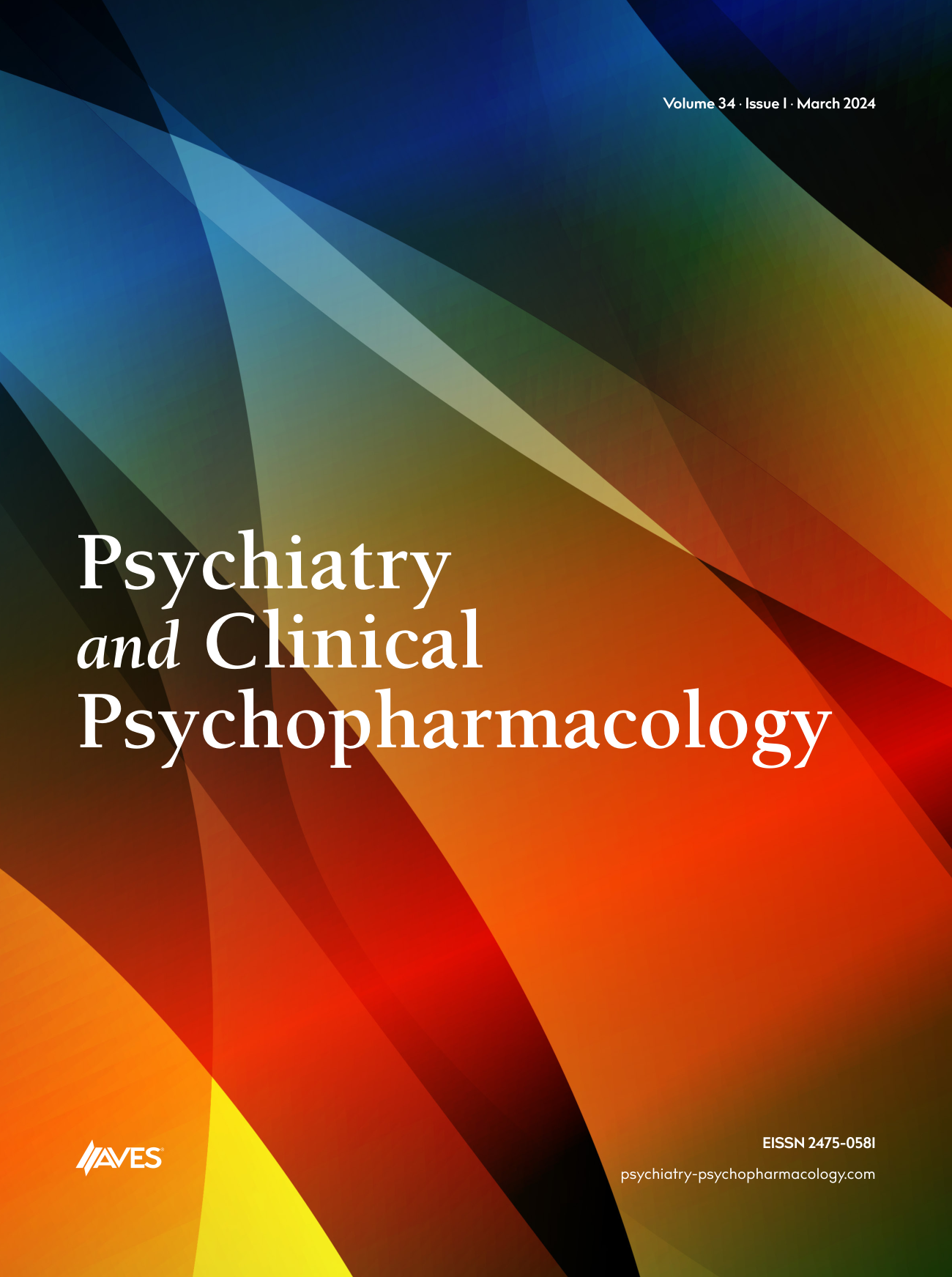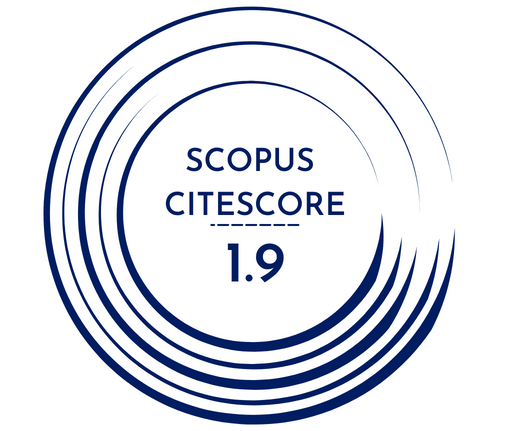Objective: It was reported that the genetic susceptibility of Major Depressive Disorder (MDD) would be related with genetic polymorphisms. The aim of this study was to investigate the possible association of the genotype and allele frequencies of Ser49Gly and Arg389Gly polymorphisms in MDD by comparing with healthy subjects.
Method: A total of 144 patients with major depression diagnosed according to DSM-IV criteria and 105 healthy controls were included in the study. Polymerase Chain Reaction (PCR) with Restriction Fragment Length Polymorphism (RFLP) was used for both genotyping.
Results: Of the 144 participants in MDD group, 77 (53.5%) had homozygous wild type (AA), 57 (39.6%) had heterozygous type (AG) and 10 (6.9%) had mutant (GG) genotype for Ser49Gly; and 75 (52.1%) had homozygous wild type (GG), 59 (41.0%) had heterozygous (GC) type and 10 (6.9%) had mutant homozygous (CC) genotype for Gly386Arg.There were no significant differences in the allele and genotype frequencies of the Beta-1-Adrenergic Receptor (ADRB1) gene for Ser49Gly and ADRB1 Arg389Gly polymorphisms after comparing with healthy controls (p= 0.626; p= 0.863)(p= 0.625; p= 0.914).
Conclusion: The results of our study did not reveal a major effect for the polymorphism of Ser49Gly and Gly389Arg in ADRB1 gene in MDD. Further studies with larger sample size are required to elucidate the role of other Beta-1 Adrenergic Gene polymorphisms in major depressive disorder.



